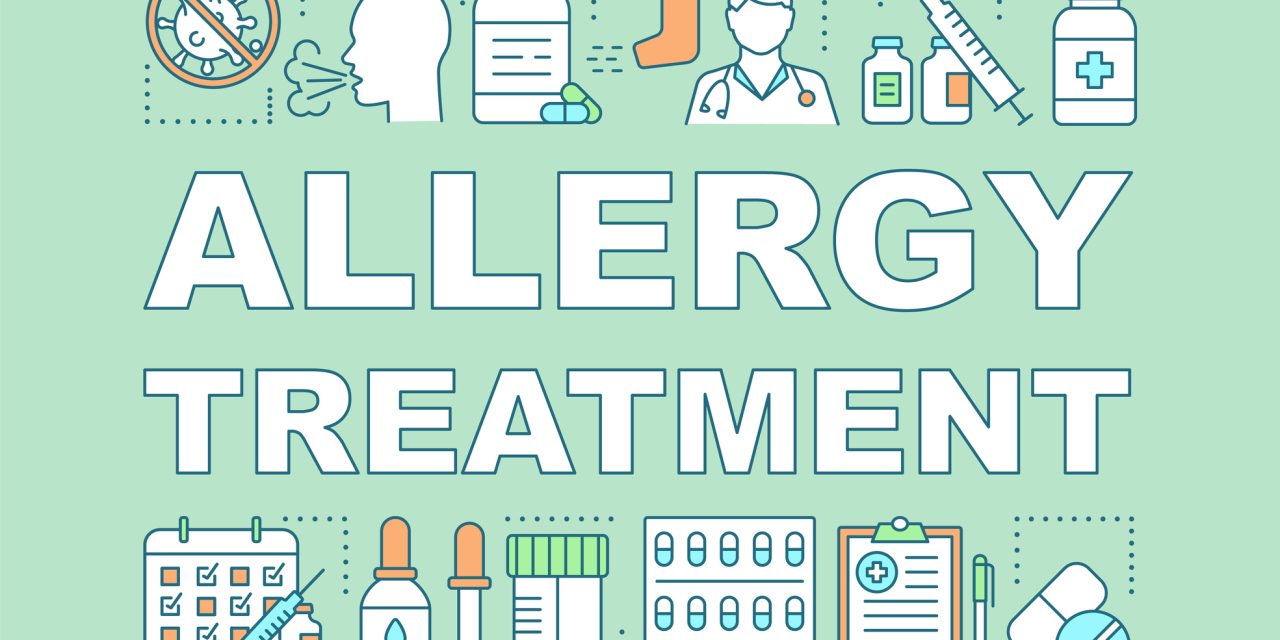A study examined where we are now after a half-decade of asthma GWASs, with an emphasis on recent advancements that reveals where the GWAS field is heading in the future. An individual’s vulnerability to asthma and other complicated illnesses is influenced by a vast number of genetic loci. Researchers had a multitude of loci related to asthma susceptibility, asthma endotypes, and asthma drug responsiveness thanks to genome-wide association studies (GWASs). The interaction between generic and population-specific risk alleles in asthma was shown by the repeatability of these genetic loci across multiple investigations. GWASs were effective in discovering disease-associated loci, but there was still a lot of room for them to reveal more information on asthma pathophysiology.
Over the last year, GWASs have gone far beyond the simple case-control and continuous phenotype association formats, incorporating environmental factors, integrating GWAS data with epigenetic data, GWASs in animal models, incorporating pathway analyses, and utilizing emerging sequencing technologies. Moving beyond typical GWAS formats is expected to improve our understanding of the asthma genetic base.
Reference:journals.lww.com/co-allergy/Abstract/2013/10000/Genome_wide_association_studies_in_asthma_.3.aspx


